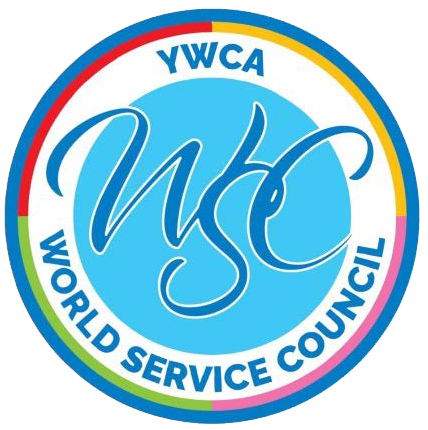The YWCA’s march for justice is long —
We were there in the beginning:
- In 1915 when the YWCA organized the first interracial conference ever held in the South at Louisville, KY.
- In 1932 when the YWCA Convention urged action against “the menace of lynching and mob violence in every form.”
- In 1938 when the YWCA Convention called for “an extensive investigation of segregation and discrimination in Association and community life.”
- In 1946 when the YWCA adopted the Interracial Charter – 8 years before the Supreme Court decision ending segregation – and committed itself to work for an end to racial injustice.
- In 1960 when the YWCA opened its cafeteria to blacks and became the first desegregated public dining facility in Atlanta.
- In 1960 when the YWCA National Board voted to support student YWCAs involved in “sit-in” demonstrations and collected funds for those needing bail.
- In 1963 when the National YWCA sponsored the March on Washington.
- In 1965 when the Office of Racial Justice was established with Dorothy Height serving as its director from 1965 to 1977.
- In 1968 when YWCAs across the country worked on the farmworkers’ grape boycott, on supporting black businesses, and by supporting the end of apartheid by getting investments out of South Africa.
- In 1970 when the “Imperative: to eliminate racism, wherever it exists, and by any means necessary” was adopted by Convention.
And today we are still marching for justice:
- By working for passage of Comprehensive Immigration Reform legislation.
- By working to protect voters’ rights.
- By working for pay equity which disproportionately affects people of color.
- By bringing diverse groups together to discuss how racism affects us all and what can be done about it.
- By providing ESL classes, job training, and coaching to help women move into the workforce to support their families.
- By providing developmental child care enabling women to go to work and help a whole new generation succeed in school.
- By addressing sexual violence in its many forms – rape, domestic violence, sexual assault in the military – which stands in the way of justice.
Building on the past, we march into the future dedicated to eliminating racism, empowering women and promoting peace, justice, freedom and dignity for all.
On the 50th Anniversary of the March on Washington we re-commit ourselves to the unfinished work of equality and ask our elected representatives to renew their efforts to bring about social change and justice.
Kay Philips Aug.2013: 50 years later
